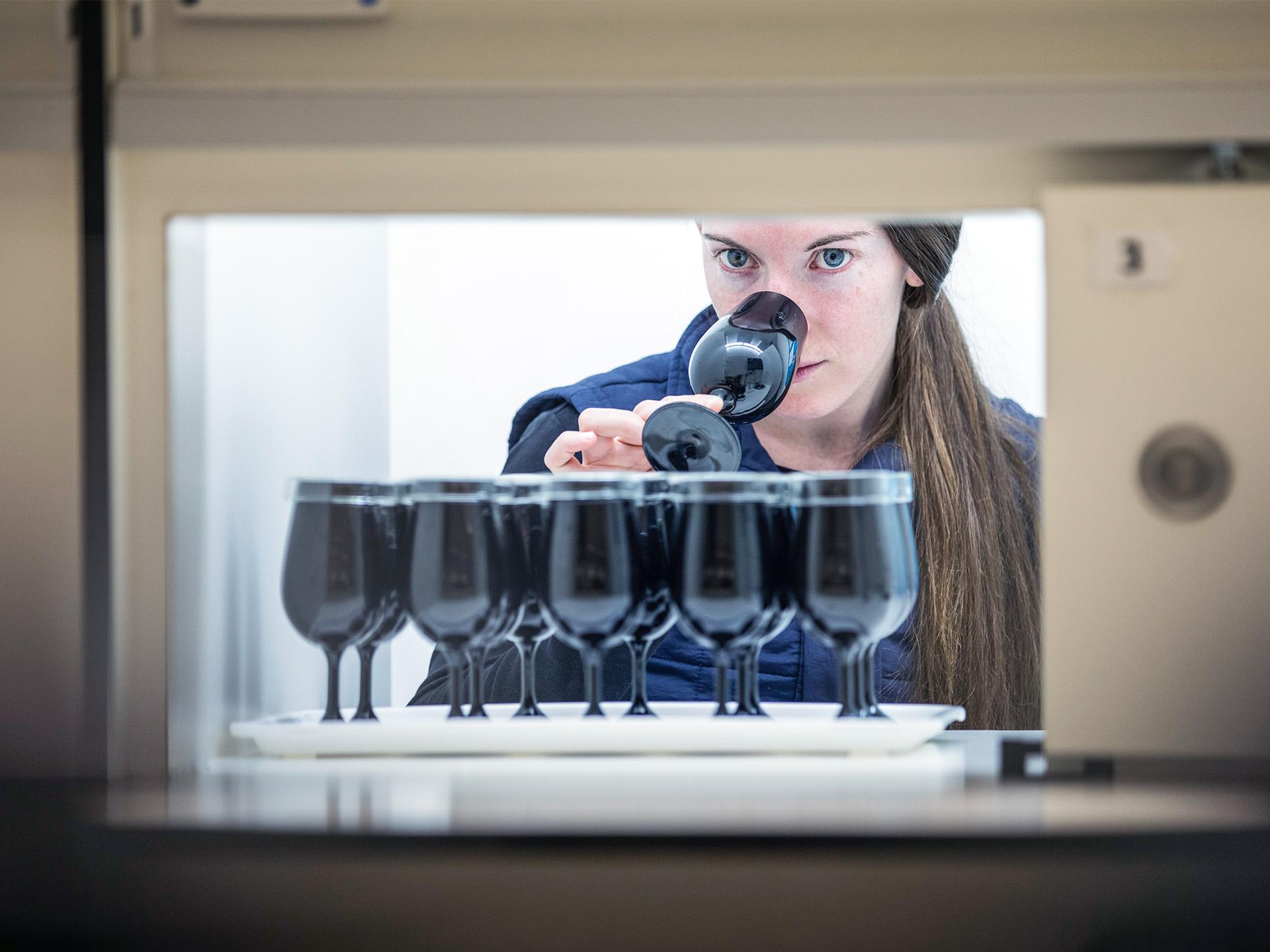Examining perceived wine complexity and how it impacts consumer preference

Investigate methods suitable to assess complexity of wines and collate a range of wines varying in perceived complexity.
Deep wine consumer insights are essential to enable the wine industry to produce wines that consumers desire and will purchase.
It is generally accepted that wine complexity is a driver of wine quality. Some studies have indicated that wine consumers who display more fine wine behaviour, such as higher wine involvement and knowledge, tend to favour more complex wines. However, our understanding of the drivers of wine complexity is lacking and what the consumer understands about wine complexity is still not known.
This project aims to examine methods suitable to assess complexity of wines and collate a range of wines varying in perceived complexity. Wine consumers will be recruited to evaluate the wines and provide hedonic (liking) and emotional responses as well as complete a questionnaire gathering their demographic (gender, age etc.) and psychographic (e.g. opinions, interests) data as well as determine their opinions and understanding specifically about wine complexity.
Segmentation of the consumers based on the Fine Wine Instrument (FWI) will examine if fine wine behaviour is linked to consumer response to wine complexity and examine how opinions about wine complexity differ between FWI segments
You will develop skills in:
- Experimental design and working with human subjects
- Good sensory science practice
- Conduct of state of the art consumer and sensory test methods
- Understanding of market segmentation
- Analyses of consumer and sensory data
- Basic wine chemistry
Key references:
Palczak, J., Blumenthal, D., Rogeaux, M. and Delarue, J. (2019) Sensory complexity and its influence on hedonic responses: A systematic review of applications in food and beverages. Food Quality and Preference 71, 66-75.
Niimi, J., Danner, L., Li, L., Bossan, H. and Bastian, S.E.P. (2017) Wine consumers' subjective responses to wine mouthfeel and understanding of wine body. Food Research International 99, 115-122.
Johnson, T.E. and Bastian, S.E.P. (2015) A fine wine instrument – an alternative for segmenting the Australian wine market. International Journal of Wine Business Research 27(3) 182-201.

Supervisor
Associate Professor Sue Bastian
Co-Supervisors: Dr Lukas Danner | Dr Trent Johnson | Associate Professor David Jeffery
Research area: Wine Science
Recommended honours enrolment: Honours in Wine Science
